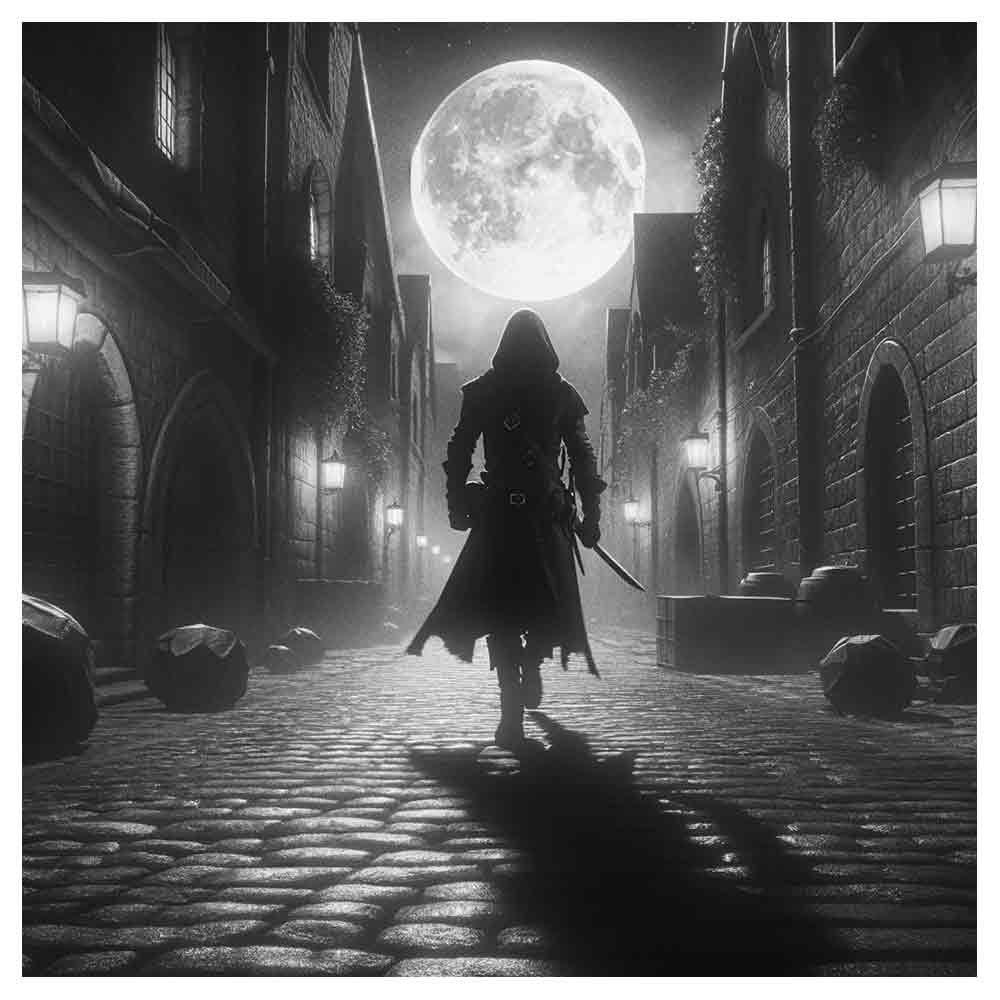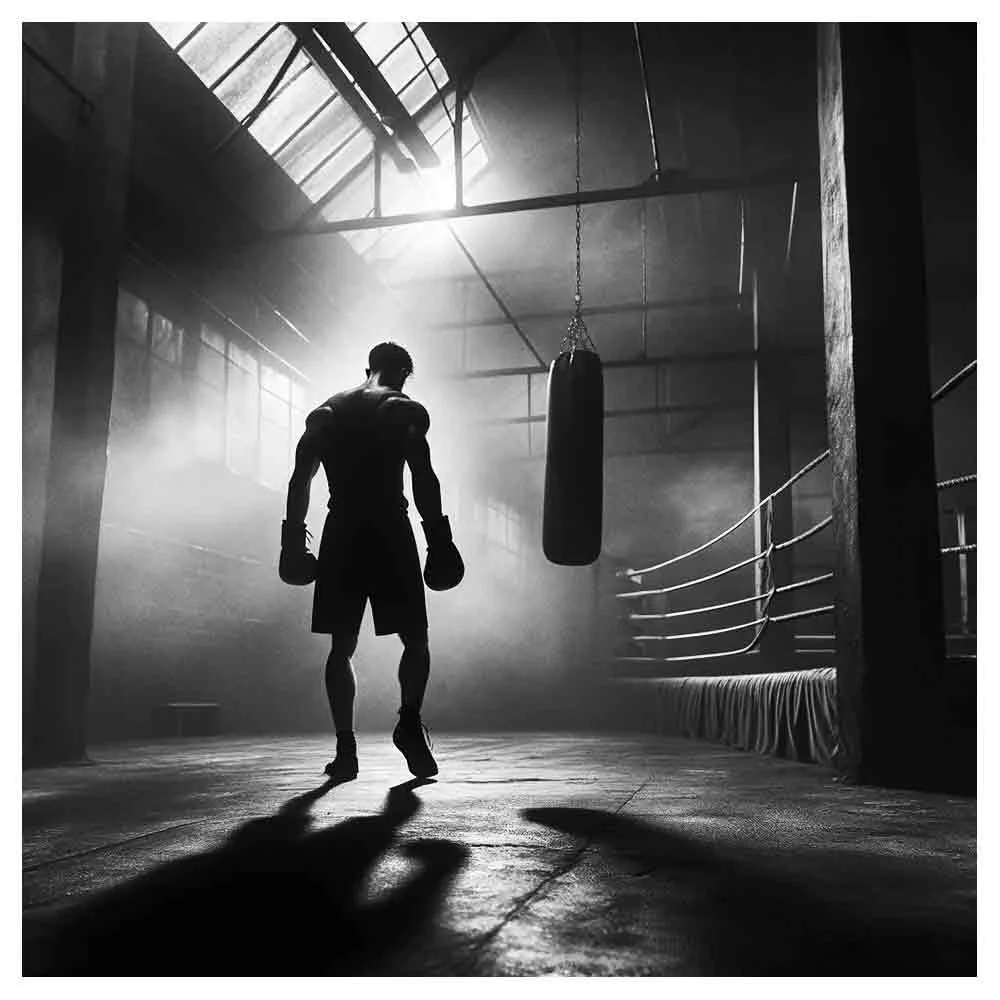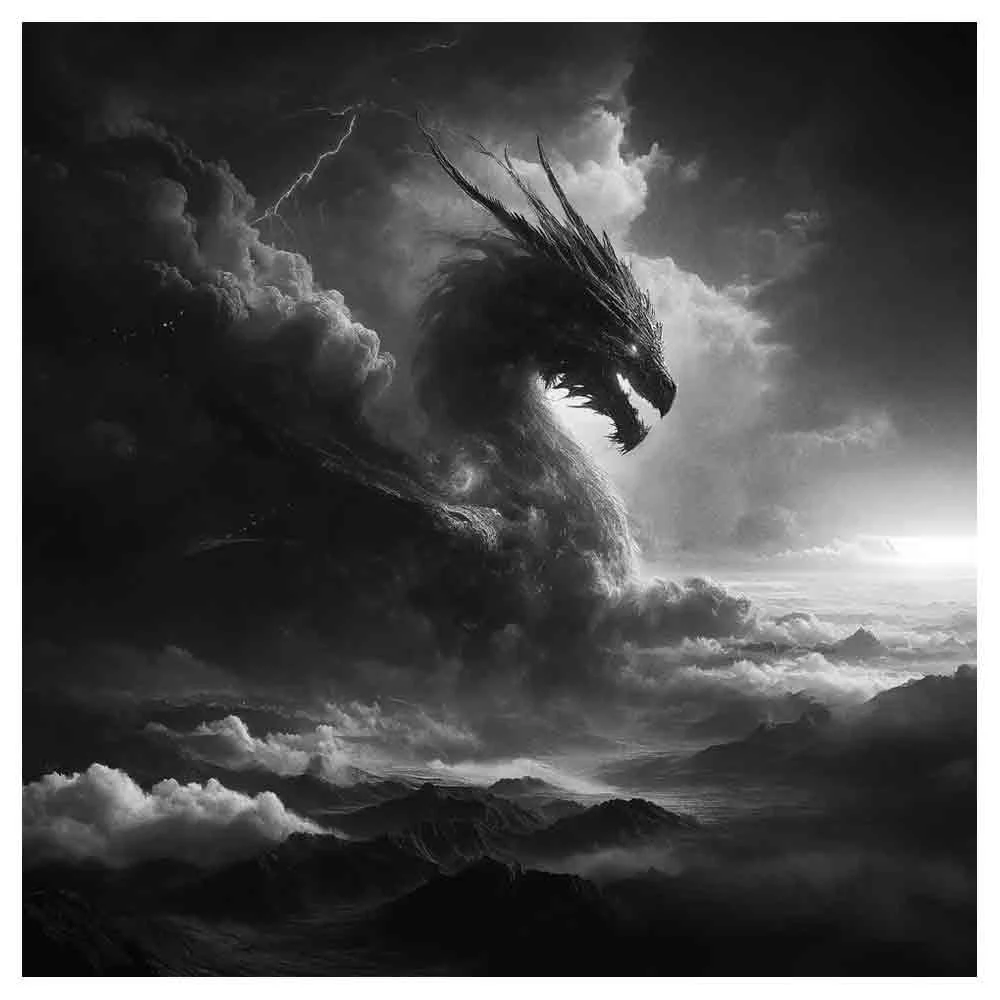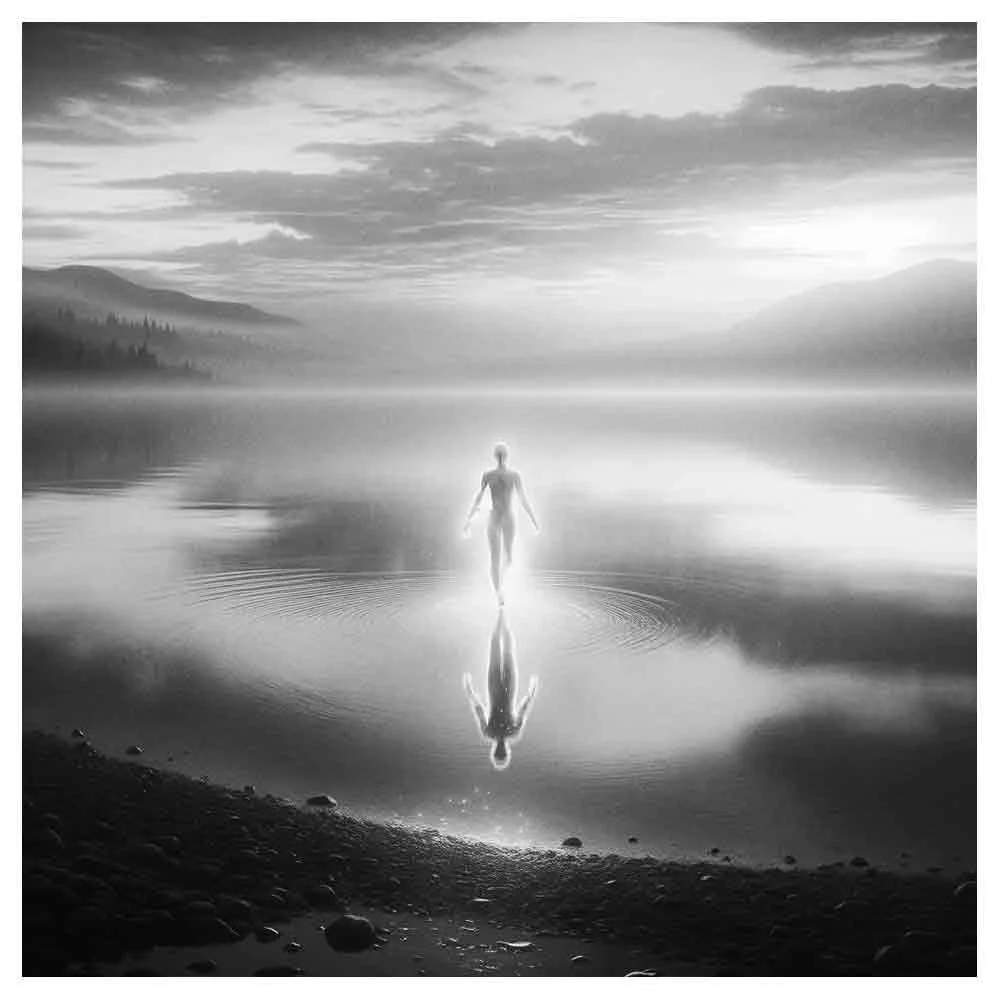How to Come Up with a Story Idea: The Ultimate Guide
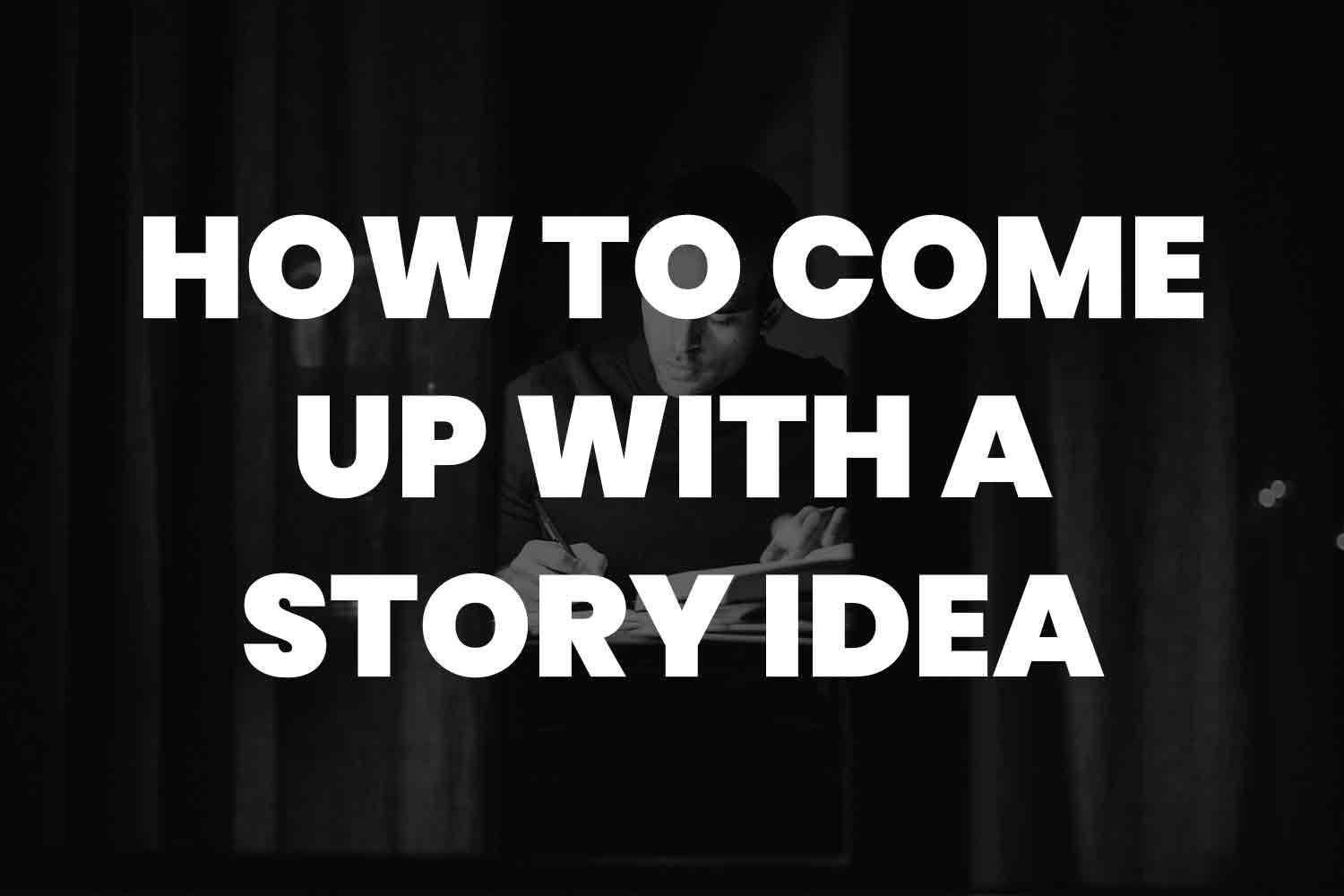
You're staring at a blank page, the cursor blinking back at you, almost mockingly. We've all been there.
Every writer, from the novice scribbler to the next Stephen King, has had moments where they yearn for that spark of inspiration.
But how does one actually come up with a story idea? Let’s dive deep!
1. Starting at the Very Beginning
Every story starts somewhere. Sometimes, it’s an opening line that drifts into your mind, other times it's an image or a feeling.
Begin by asking yourself: What genre do I want to explore? Romance, sci-fi, historical fiction?
Your preferred genre can guide the type of story ideas you generate.
2. The Treasure Trove of Real Life
Real life is a goldmine. Our personal experiences, the stories we hear from family or the odd behaviors we notice when we people watch at a café can all be the seeds of a story idea.
Think of a historical event that fascinates you. Could there be a new perspective from which to tell that story?
Remember a vivid dream or nightmare? Dreams can be a gateway to the surreal or fantastical.
3. Writing Prompts and Short Story Ideas
Writing prompts are like tiny story starters. Websites, apps, and even nonfiction books are dedicated to offering prompts to jumpstart your creativity.
Sometimes, you only need to write a story based on a single prompt to get those creative juices flowing.
For those interested in short stories, come up with short scenarios or situations that can be developed in a limited word count.
Remember, a short story doesn’t mean less depth; it’s all about concise storytelling.
4. Books, Books, and More Books!
Your favorite books are more than just a source of entertainment; they're a great source of inspiration. You don't want to tell the same story, but you can certainly draw elements from them.
Take elements from a love story and transplant them into a sci-fi setting.
Look at the main character from a book you love. What if they were placed in a completely different world or time period?
5. Happy Writing: Embracing the Process
Writing isn't just about the end product. It’s a process, a journey. As you embark on your own writing, remember to enjoy each step.
Don’t lose sight of why you started writing. The joy, the challenge, the catharsis—it all matters.
Have writing ideas but can't flesh them out? Jot them down. Today’s scribbles can be tomorrow’s novel ideas.
6. Craft and Perspective
The craft of writing fiction requires patience. Think of your story idea as clay. You’re the sculptor, and you have the freedom to mold it as you see fit.
Experiment with perspective. How different would your story be if told from another character's viewpoint?
Play with interesting combinations of characters, settings, and plots.
7. Seek Inspiration from Other Sources
Article headlines can provide a unique story idea.
Explore writers’ forums or join a creative writing group.
Sometimes, a simple writing prompt can lead to a cascade of new ideas.
8. Lean on the Masters
While your voice is unique, there’s no harm in learning from established writers. Stephen King, for instance, believes in starting with a situation and letting the characters guide the story.
9. The End is Only the Beginning
Once you’ve written your piece, whether it's a novel, a short story, or a post, remember that feedback is gold.
Readerscan offer insights you might've overlooked. Perhaps they'll even provide the inspiration for your next book!
10. Final Thoughts
Finding the inspiration to write might seem challenging, but the world around us, our own experiences, and even the works of other authors are brimming with potential.
All it takes is a keen eye, an open heart, and the courage to start writing. And remember, every good story begins with a single idea.
I help filmmakers sell their ideas, get more clients, and make more money.








